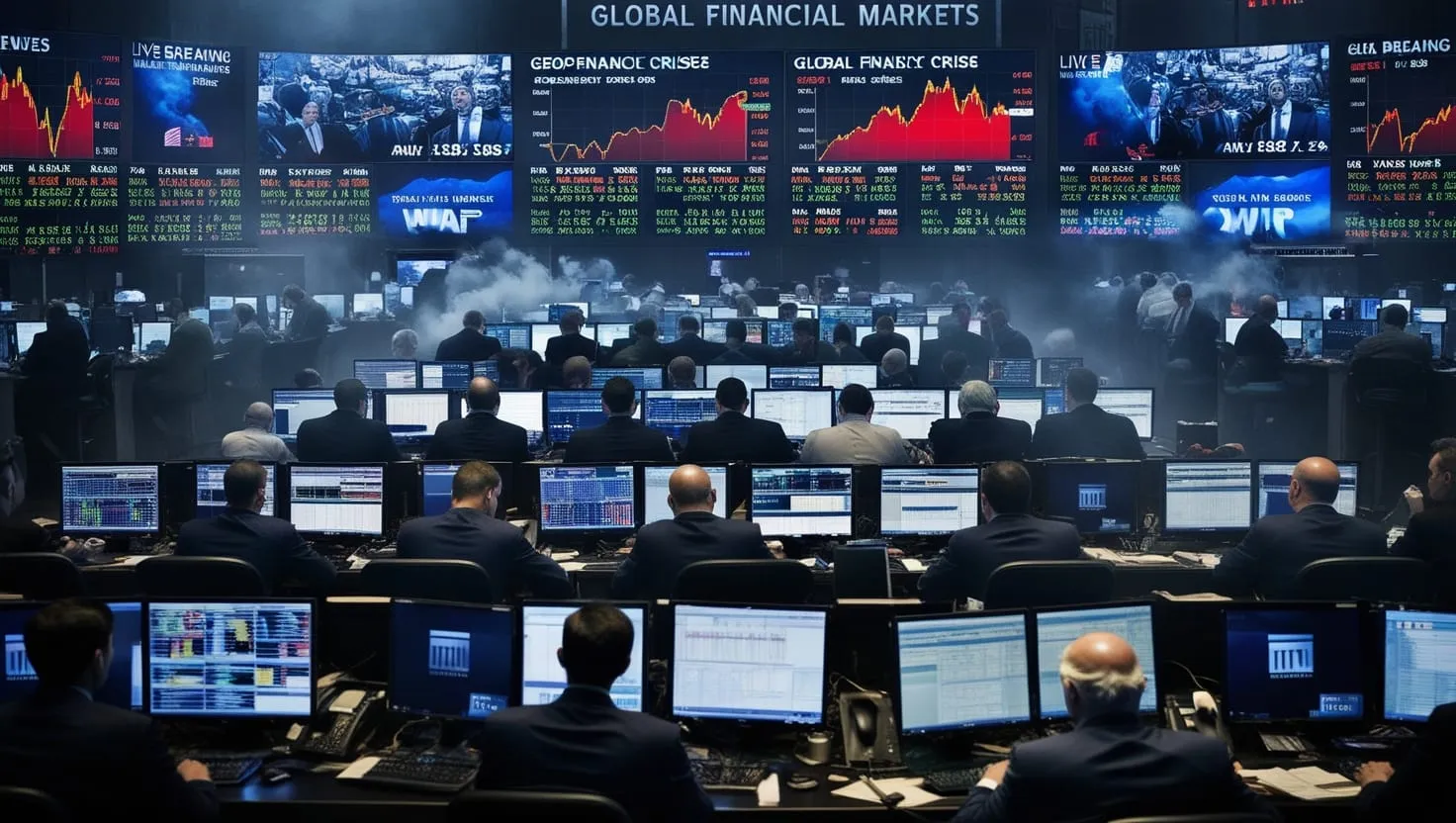Geopolitical events have always played a crucial role in shaping global markets. From wars and trade disputes to political upheavals and economic sanctions, these events can create significant volatility and uncertainty. But how exactly do these events impact global markets, and what should investors be aware of? Let's dive into the intricate relationship between geopolitics and market dynamics.
Geopolitical events can have both immediate and long-term effects on financial markets. In the short term, markets often react swiftly to news of geopolitical tensions, with stock prices, currency values, and commodity prices experiencing sudden fluctuations. For instance, the announcement of a military conflict or a major political crisis can lead to a rapid sell-off in equities and a flight to safe-haven assets like gold and government bonds.
However, the long-term impact of geopolitical events is more complex and can vary depending on the nature and duration of the event. Historical data suggests that while some geopolitical events have lasting effects, others may only cause temporary disruptions. For example, the 1973 oil shock had a prolonged impact on equity returns due to sustained high oil prices and resulting economic stagflation. In contrast, the recent Russia-Ukraine conflict led to a short-term spike in energy prices, but the market quickly adjusted as alternative energy supplies became available.
One key factor that determines the market impact of a geopolitical event is its geographical scope. Localized events, such as political instability in a specific country, tend to have a more pronounced effect on local markets. For example, political tensions in Hong Kong have significantly affected its real estate market and overall economic outlook, leading to a divergence in property values between Hong Kong and neighboring Singapore.
On the other hand, global events, such as trade wars between major economies, can have widespread repercussions. The ongoing trade tensions between the United States and China have led to a reconfiguration of global supply chains and trade flows. Companies and investors are increasingly reevaluating their exposure to geopolitical risks and seeking to diversify their investments across different regions.
Geopolitical events also influence foreign exchange markets. Currency values can be highly sensitive to geopolitical developments, with negative events often leading to a depreciation of the affected country’s currency. Conversely, positive geopolitical developments, such as the resolution of a conflict or the signing of a trade agreement, can boost investor confidence and lead to currency appreciation.
In recent years, the rise of geopolitical risks has prompted policymakers and investors to focus more on economic resilience and diversification. Countries are increasingly prioritizing national security and supply chain resilience, which can lead to a shift in trade and investment patterns. For instance, the fragmentation of global trade into geopolitical blocs has become more evident, with trade within aligned blocs growing faster than trade between rival blocs.
Financial markets are also affected by geopolitical risks through various channels, including capital flows, interest rates, and asset prices. Geopolitical tensions can lead to capital outflows from affected regions, higher borrowing costs, and increased market volatility. This, in turn, can impact banks’ profitability and lending capacity, further exacerbating economic instability.
To overcome the complexities of geopolitical risks, investors need to adopt a proactive, longterm and diversified approach. This includes monitoring geopolitical developments closely, assessing their potential impact on different asset classes, and adjusting investment strategies accordingly. Diversifying investments across regions and sectors can help mitigate the risks associated with geopolitical events and enhance portfolio resilience.
In conclusion, geopolitical events are an integral part of the global market landscape, influencing everything from stock prices and currency values to trade flows and investment patterns. While the immediate market reactions to geopolitical events can be sharp and unpredictable, the long-term impact depends on various factors, including the nature of the event and the market’s ability to adapt. By staying informed and adopting a diversified investment strategy, investors can better navigate the uncertainties posed by geopolitical risks and capitalize on potential opportunities.





